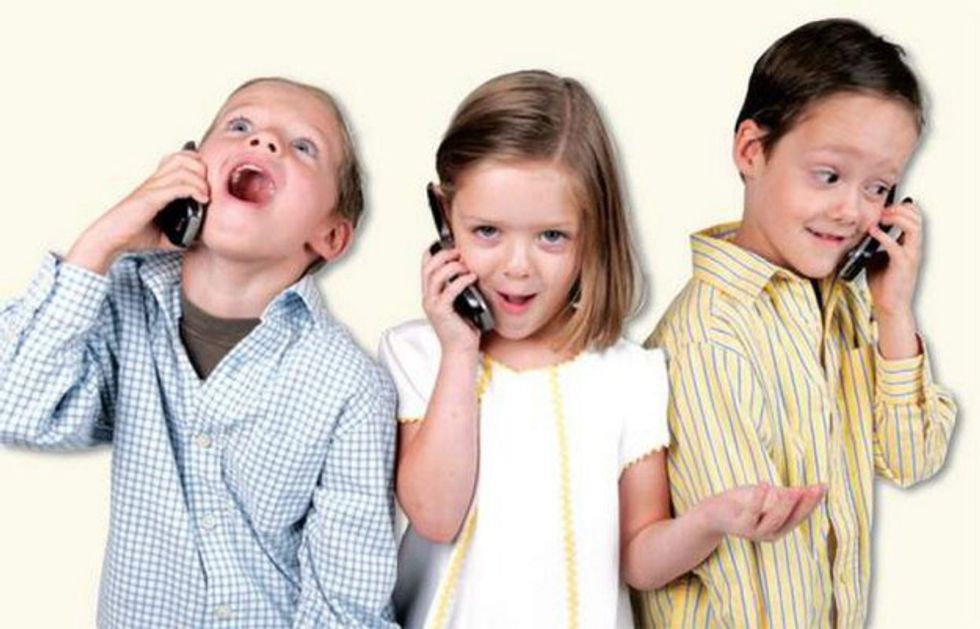Peter Tosh’s argument is relevant today: “When every Christmas come, you buy the youth a pretty toy gun… so, you can't blame the youths when they get bad.”
In this progressive and contemporary culture, many techniques of shaming have been discouraged and widely acknowledged as cruel. As a people, we have justly deemed it inhumane to make others feel inadequate, be it related to body image, gender identification, religious practices or nearly anything else; yet for some reason, it seems it is still acceptable for elder generations to “shame” the current youths for their attitudes and interactions within society.
This age of acceptance has permitted many people who would have never had a voice in a prior society to speak out in defense of their dogmas. It is a fantastic notion indeed that society has become so suitable for so many additional groups of people for which it once had no place. Younger generations such as the “Millenials” and the generation subsequent, however, do not seem to receive the same respect that is required for other groups of people.
I am 23-years-old and though the treatment I receive from those who are older than me has improved as I have aged, many of my issues and opinions are still not taken seriously. I faced near-death four years ago because my medical symptoms were attributed to adolescent emotions when such was not the case. As I become older, I am understandably treated with more respect, but should not everyone be taken seriously or given a chance to be treated respectfully?
People often assume that teenage girls dramatize molehills into mountains and that their problems are not of real concern, but at that time for those girls, their issues are completely valid. To be told one’s own feelings are insignificant in comparison to someone else’s can be quite injurious when trying to find one’s place in the world.
Not only are the problems of juveniles demeaned, but blamed for societal issues is often placed on the younger generations as well. “Millennials” and their younger counterparts are associated with the new wave of technology and the societal issues arising from it, but the younger generation did not contain the inventors of these technological products, nor the marketers that targeted juveniles, nor the parents that bought and distributed these technologies to their children.
Why are children shamed and blamed for the destruction of face-to-face interactions and communication skills when they are merely the result of what has been enacted upon them? Perhaps children should be asking their elders why they were given the instruments that have supposedly destroyed the entire notion of a childhood.
Time after time and article after article, children are shamed and blamed for the cell phones in their hands, but if we truly analyze the situation, how did the children come to have those cell phones? Children do not have jobs and children do not have the capability to drive to their nearest cell phone carrier outlets. Guardians supply their children with technological devices and classrooms require students to utilize technology on a daily basis, yet it is the generation being forced to use technology that is blamed for the obsession with technology.
I find the lack of concern with juveniles’ personal issues combined with the blame placed on the juveniles for issues regarding society in general to be problematic. In a culture where every opinion is supposed to be worthwhile, being told that yours is subpar can be detrimental to one’s developing sense of self.
Now, imagine someone telling you that your own problems do not quite meet the standard of “issue” while also being told that society’s shift into a dangerous age of technological dependence is your fault—pretty damaging to any sense of self-assurance, don’t you think? It is feasible to conclude that this feeling of insignificance paired with the blame of a generational shift in values could result in children hiding behind their technology in an attempt to substantiate themselves in this big world.



















